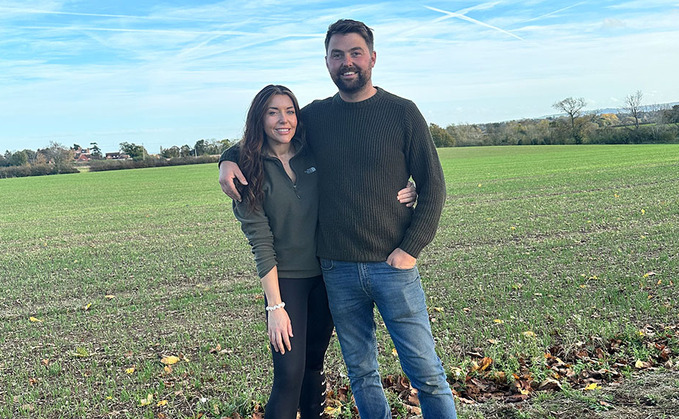
I think May has to be the best month of the year. It is a month that holds a lot of promise: we are no longer fighting to get things done before dark; it is (usually) not too wet, not too dry; grass is...

I think May has to be the best month of the year. It is a month that holds a lot of promise: we are no longer fighting to get things done before dark; it is (usually) not too wet, not too dry; grass is...
Nicola is a third-generation farmer from Aberdeenshire. Alongside her dad, George, she farms 560 hectares (1,400 acres) with 240 Simmental-cross suckler cows and 1,000 Scotch Mule ewes and a small acreage of spring barley, forage rape and neeps to feed the livestock. She is also known as @livestock_farmher on social media where she gives her view of farming life
Roger Nicholson farms with his family at the heavily diversified Cannon Hall Farm, Barnsley, South Yorkshire, which has sparked various Channel 5 series including Springtime on the Farm. Roger, 81, farms with his sons Dave, Robert and Richard and says he has no plans to retire just yet
Emma and her family farm in Abergavenny, Monmouthshire, milking 100 pedigree Holsteins and selling raw milk from the farmgate. They also run 300 North Country Mules. Emma is Monmouthshire NFU chair and volunteers with the Royal Agricultural Benevolent Institution